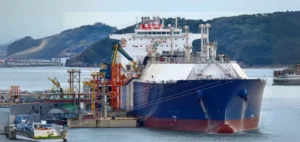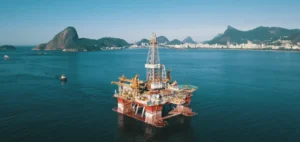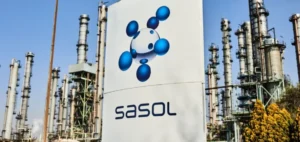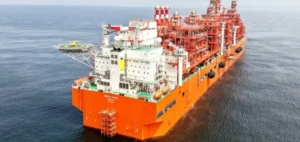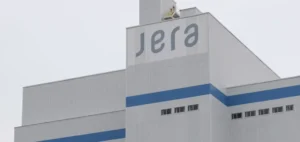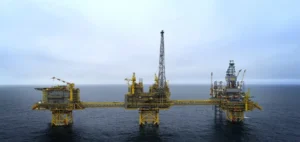In 2024, the Title Transfer Facility (TTF) in the Netherlands confirms its dominant position among European gas trading platforms, recording transaction volumes significantly surpassing all other continental hubs combined. Annual data indicates a notable 25% increase compared to the previous year, bringing total traded volumes to historic highs. With a market share now accounting for nearly 83% of European exchanges, the TTF has become an essential global benchmark. This momentum is further strengthened by growing participation from international traders, especially from America and Asia, demonstrating the expanding global attractiveness of this platform.
Record Volumes and Diversification of Participants
The TTF registered financial options contract volumes exceeding 12,000 TWh in 2024, representing a 17% increase compared to 2023. This figure alone surpasses the total traded volumes on all other continental hubs. Moreover, the futures market continues to dominate, with traders showing a clear preference for monthly and seasonal contracts. This diversification in traded products reflects the market’s maturity and its ability to effectively address the varied needs of economic, industrial, and financial stakeholders involved in the gas sector.
The composition of market participants at TTF has also significantly evolved. Historically dominated by European stakeholders, a notable geographical diversification occurred in 2024. Numerous institutional investors, investment banks, and speculators from the United States, Canada, and, to a lesser extent, the Asia-Pacific region, are now actively participating. This international openness largely explains the substantial increase in liquidity on the Dutch market.
Exceptional Churn and Enhanced Liquidity
The churn rate of TTF, the primary liquidity indicator, now reaches a record 45.9 times the physical volume consumed by neighboring countries that use this platform for risk management. This rate places the TTF for the first time in the “very liquid” category, significantly ahead of its European counterparts. In comparison, the second most liquid hub, the British National Balancing Point (NBP), has a churn of only 11.2 times its regional physical consumption.
The German Trading Hub Europe (THE), third in terms of trading volumes, remains far behind with a churn of less than five times. This contrast highlights the growing gap between European markets regarding depth and the ability to absorb substantial transactional volumes. Only the TTF demonstrates sufficient dynamism to attract global volumes and effectively provide risk coverage.
Restored European Price Correlation
After a turbulent period marked by significant price divergences between the major European hubs, notably in 2022, the year 2024 has seen a complete normalization. Price correlation at TTF with other major markets such as the NBP, Germany’s THE, and France’s TRF, has significantly strengthened. This renewed homogeneity ensures improved cost predictability and simplifies inter-hub arbitrage strategies for market players.
Furthermore, the convergence of TTF prices with other European platforms has helped restore stability following tensions during the massive influx of liquefied natural gas (LNG) into Europe between 2021 and 2022. The stabilized market conditions now favor increased usage of TTF as a reliable pricing benchmark for LNG cargoes globally.
With these elements, economic and financial stakeholders can now consider how TTF will feature in their future strategies, given its rising global prominence and capacity to influence international gas markets.

















